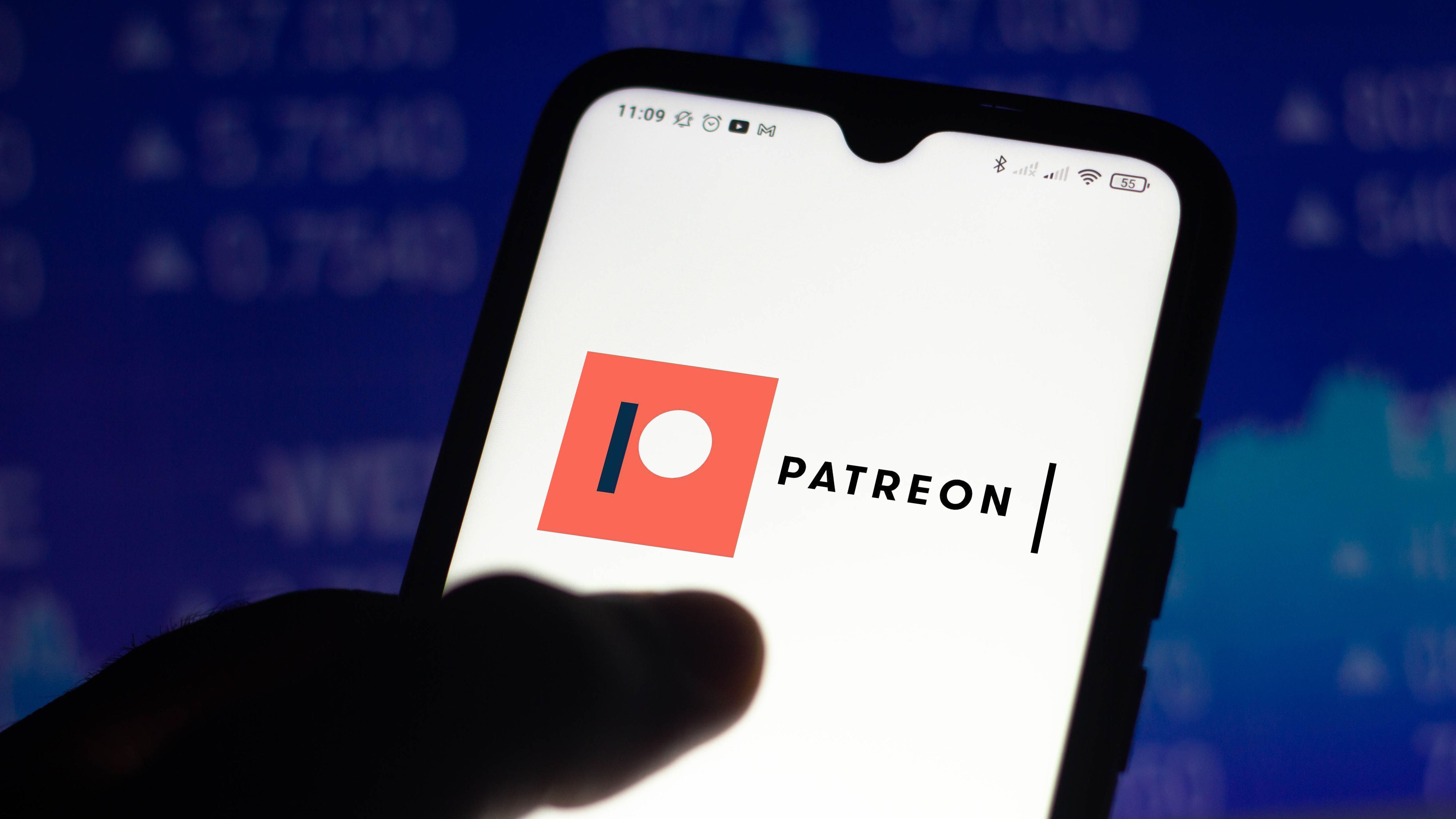Don't be scared of outsourcing your security needs
Outsourcing can be a good thing - provided we avoid the stereotypes - claims Davey Winder...


My late father always told me that in order to be successful I should play to my strengths. He was talking about life skills, but his words stuck with me when it came to business as well.
Nearly 25 years ago when a career change was being forced upon me, I reflected upon what I was good at and it turned out that my skills were: writing, conversation and hacking. So I put these things to good use and became a security consultant and journalist. Given that the 'focus on what you know' advice is pretty much business 101 stuff, why is it then that so many organisations find it so hard to outsource their security needs?
New research from Computer Economics says that when it comes to outsourcing, only eight per cent of technology budgets within larger enterprises are earmarked for outsourcing. Even though the report suggests that security is on an upward outsourcing trend, being one area where the enterprise sees real third-party vendor value, it still leaves me feeling that most organisations are simply running scared of letting go.
There is an argument that outsourcing is seen as a money saving move, nothing more and nothing less. This perception of the outsourcing market - a perception held more by consumers than corporates it has to be said - is amplified when it comes to security. After all if you suffer a breach and customer data is impacted then everyone looks for the weaknesses in your security posture that allowed it to happen. The fact you outsourced your security needs to some cheap offshore outfit is not going to do your brand reputation much good.
For a start, outsourcing your security needs does not automatically mean offshoring; one of the biggest cloud-based security outfits is based in Cardiff, for example. Not that it matters, especially when we are talking security-as-a-service, when it comes to cloud. Not only do we need to get over the whole outdated and arguably racist overseas call centre image of outsourcing, we need to stop confusing value with cheapness as well.
Get your security-as-a-service investment right and you may well be saving money courtesy of not having to employ or hire analysts for log monitoring and management, for threat research and investigation or find the capital expenditure and ongoing upkeep costs of in-house infrastructure. Outsourcing such things means it's all wrapped up in budgetable fixed fee. That is not the same as doing it on the cheap, that is delivering value to your enterprise and to your customers through improved security.
But it's not all about the money anyway; value isn't just measured in monetary terms. Improved security with better flexibility is a good thing, and even if it costs much the same as doing it less effectively in-house it still delivers value. It is also good practice. So stop avoiding the outsourcing option just because of bad experiences or unfair stereotypes. Anyone with an ounce of sense will realise that spending money where it makes a difference to the overall security posture of the enterprise is good, and throwing money at the security equivalent of treading water is bad.
Get the ITPro daily newsletter
Sign up today and you will receive a free copy of our Future Focus 2025 report - the leading guidance on AI, cybersecurity and other IT challenges as per 700+ senior executives
Investing money in people that understand the security issues facing your organisation, and the processes required to mitigate those risks, is nothing to be scared of...
Davey is a three-decade veteran technology journalist specialising in cybersecurity and privacy matters and has been a Contributing Editor at PC Pro magazine since the first issue was published in 1994. He's also a Senior Contributor at Forbes, and co-founder of the Forbes Straight Talking Cyber video project that won the ‘Most Educational Content’ category at the 2021 European Cybersecurity Blogger Awards.
Davey has also picked up many other awards over the years, including the Security Serious ‘Cyber Writer of the Year’ title in 2020. As well as being the only three-time winner of the BT Security Journalist of the Year award (2006, 2008, 2010) Davey was also named BT Technology Journalist of the Year in 1996 for a forward-looking feature in PC Pro Magazine called ‘Threats to the Internet.’ In 2011 he was honoured with the Enigma Award for a lifetime contribution to IT security journalism which, thankfully, didn’t end his ongoing contributions - or his life for that matter.
You can follow Davey on Twitter @happygeek, or email him at davey@happygeek.com.
-
 Cleo attack victim list grows as Hertz confirms customer data stolen
Cleo attack victim list grows as Hertz confirms customer data stolenNews Hertz has confirmed it suffered a data breach as a result of the Cleo zero-day vulnerability in late 2024, with the car rental giant warning that customer data was stolen.
By Ross Kelly
-
 Lateral moves in tech: Why leaders should support employee mobility
Lateral moves in tech: Why leaders should support employee mobilityIn-depth Encouraging staff to switch roles can have long-term benefits for skills in the tech sector
By Keri Allan
-
 Capita finally admits breach affecting 4% of its servers
Capita finally admits breach affecting 4% of its serversNews It also allegedly misled the public about when the breach took place
By Connor Jones
-
 Patreon confirms it 'parted ways' with its 'entire' cyber security team
Patreon confirms it 'parted ways' with its 'entire' cyber security teamNews The membership platform for online content creators said it will now outsource its security needs
By Connor Jones
-
 Symantec unveils security outsourcing services
Symantec unveils security outsourcing servicesNews Security company launches two services aimed at IT outsourcing
By Rene Millman
-
 The outsourcing value proposition
The outsourcing value propositionIn-depth Reducing operational cost is the primary driver of outsourcing, but what value are companies really getting from the deal?
By Davey Winder